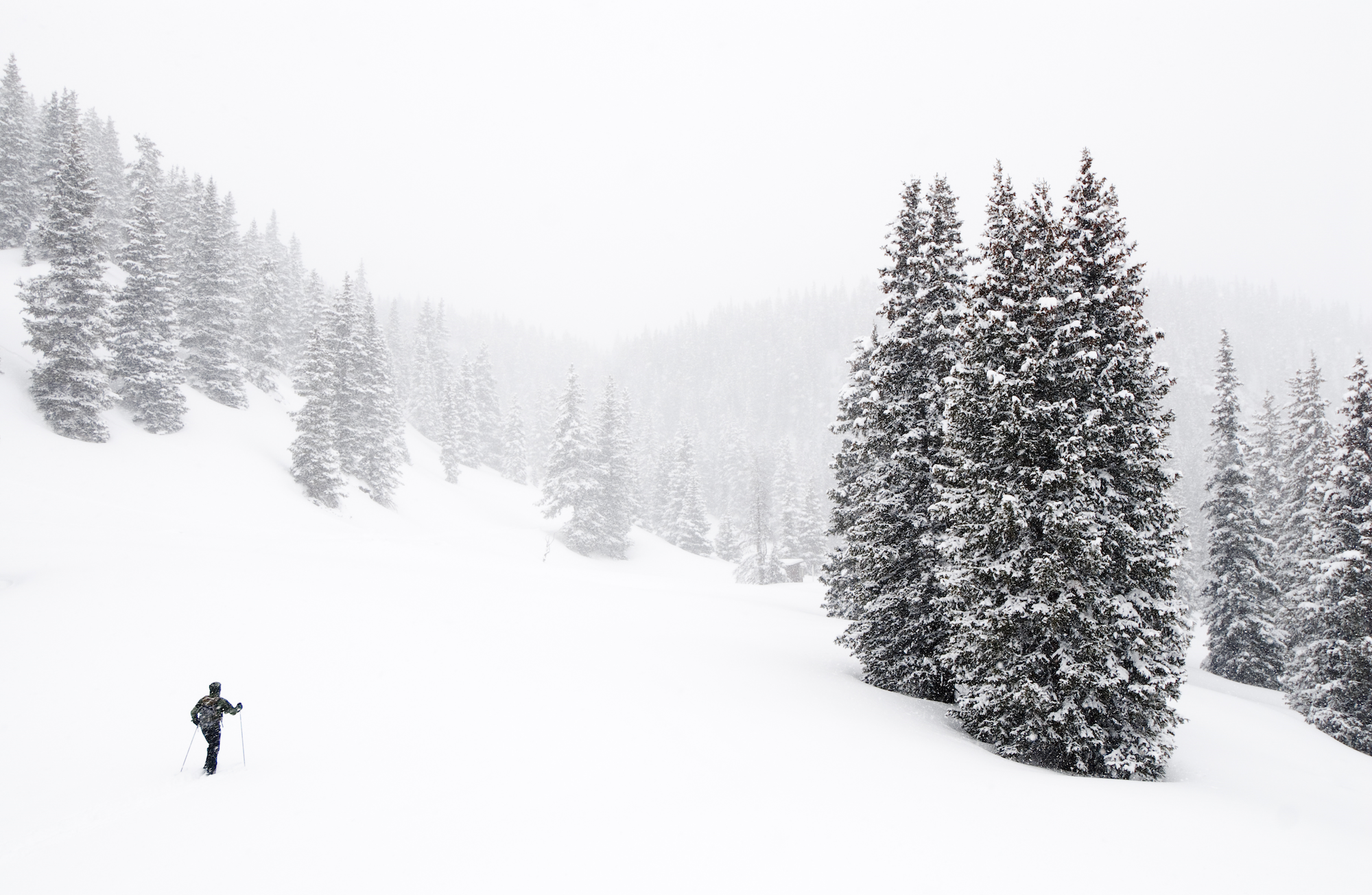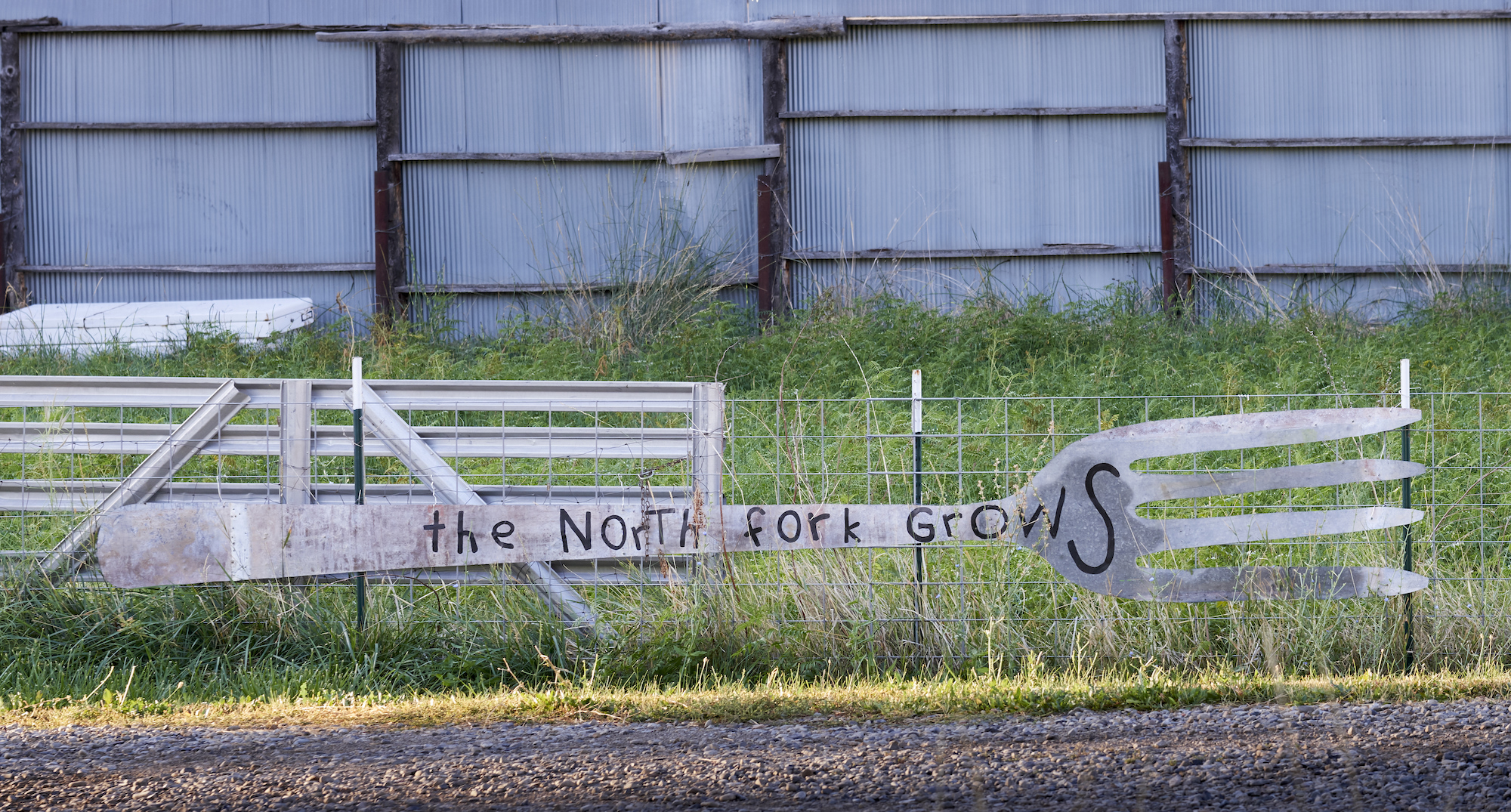We’re protecting climate by protecting public lands.
For many years, public lands were largely absent from national conversations on climate change even though they have a vital role to play. We all know that wildlands, wildlife, and our local communities are profoundly threatened by climate change. At Wilderness Workshop we’re committed to doing our part both to protect our climate by limiting climate pollution and help wildlife and local ecosystems adjust to and cope with the change that is already occurring. Our work fighting reckless oil and gas development and protecting wild public lands are key to reducing greenhouse gas emissions and helping ecosystems and species adapt.
Reducing carbon emissions
Unfortunately, public lands in Western Colorado also play a major role in contributing to the climate crisis. Fossil fuel development is responsible for about a quarter of greenhouse gas emissions in the United States; we need to rapidly wind down fossil fuel development on our public lands as part of our efforts to combat climate change.
The Bureau of Land Management (BLM) is the federal agency that oversees oil and gas development on all public lands, and WW has been taking the BLM to task over its failure to adequately account for the impacts of oil and gas development on both the landscape and the climate. We have been at the forefront of key legal victories concerning the BLM’s management of oil and gas, such as by engineering a successful legal challenge to the Colorado River Valley and Grand Junction Field Offices’ resource management plans, resulting in a Supplemental Environmental Impact Statement.
Thanks to our success in court, the BLM was required to reconsider the overall amount of land available for energy development. A new plan, released in the fall of 2024, will close hundreds of thousands of acres to future leasing that were left open under the challenged plans. Our court victory also forced the BLM to develop a fuller accounting of the climate impacts of oil and gas extraction. Better climate analysis can and should lead to better climate decisions – a true accounting of the climate impacts of our federal oil and gas program shows that we must phase out new fossil fuel leasing if we are to meet global climate targets set by the United Nations and the 2015 Paris Agreement. Our work to bring public land management in line with climate science continues.

“… climate change is driving longer and more intense wildfire seasons with more high-severity catastrophic wildfires; decreased snowpack and water retention; drought and its impacts on livelihoods and ecosystems; and the fragmentation and loss of wildlife habitat and migratory corridors. All of these impacts are magnified on our national public lands.” – Center for Western Priorities
WW is also working to reduce methane emissions in our region. Methane is an extremely potent greenhouse gas that traps 86 times more heat in the atmosphere than carbon dioxide. It’s released from coal mines and during the drilling and production of natural gas.
We are also part of a coalition fighting expansion of the West Elk Coal Mine – the single largest industrial source of methane emissions in Colorado — into roadless areas in the North Fork Valley. WW and partners are also working collaboratively with local citizens and permitting agencies to capture and destroy fugitive emissions from existing mines in our service area. We also worked with Congressional staff to expand provisions in the CORE Act that will reduce methane pollution leaking into the atmosphere from closed and abandoned coal mines in the Thompson Divide.
We are part of a coalition fighting the expansion of the West Elk Coal Mine – the single largest industrial source of methane emissions in Colorado — into roadless areas in the North Fork Valley. WW and our partners are also pushing the mine and permitting agencies to implement techniques that reduce methane emissions from the existing mine. We also worked with Congressional staff to expand provisions in the CORE Act that will reduce methane pollution leaking into the atmosphere from closed and abandoned coal mines in the Thompson Divide.
Helping species and ecosystems adapt to a changing climate
Climate science clearly shows that public lands are highly valuable for climate adaptation strategies. Large, intact, and connected landscapes are critical for our planet to successfully adapt to a changing climate. Wilderness areas and other protected lands and waters provide essential core habitat and migration corridors that enable wildlife species and entire ecosystems to survive and thrive. Recent science found that 30% of the planet must be protected by 2030 in order to safeguard biodiversity against the threat of climate change. This science has inspired an ambitious plan known as the Global Deal for Nature (30×30 – protecting 30% of lands and waters by 2030), which is quickly gaining traction with governments around the world committing to this necessary and inspiring goal.

The North Fork is home to many organic agriculture operations. Photo courtesy Jon Mullen/Ecostock.
Protecting new wilderness and places like the Thompson Divide and other large, intact landscapes is an important piece of the climate solution. The roadless forests of the Thompson Divide are essential habitat for an abundance of wildlife species including lynx, moose, bear, deer, elk, and mountain lion. This is one of the largest remaining blocks of undeveloped mid-elevation forest land in Colorado, offering refuge to wildlife species in the face of a changing climate. Protecting and connecting intact public lands like the Thompson Divide is key to supporting the larger global climate strategy that so many groups and governments support.
Getting it Right
Ultimately, transitioning off fossil fuels is not enough to protect our wildlands and wildlife – we need to reduce energy use across the board. The World Bank has studied the potentially dramatic increase in mining of metals and rare-earth minerals that could accompany wide-spread deployment of low-carbon technologies such as solar. This has broad implications for public lands and land conservation globally. To ensure we don’t trade one environmental catastrophe for another, energy efficiency and reduced demand need to be central pillars of a comprehensive climate plan.
We also need to be aware that climate change is disproportionately impacting communities of color and low-income communities who have higher exposure to climate hazards such as flooding, heat waves, drought, and wildfire. The nexus of climate change, public lands, and economic disparity occurred locally during 2018’s unusually hot and dry summer, when the Lake Christine Fire displaced many low-income residents and people of color in the El Jebel mobile home park, and our county emergency response systems struggled to reach people whose primary language is not English. The social and economic aspects of the climate crisis deserve to be examined alongside the scientific and political elements so that climate solutions do not exacerbate inequalities. Through our partnership with the Forest Service, WW has successfully encouraged local emergency response agencies to prioritize outreach to our local Latinx community regarding wildfire preparedness.
The climate crisis is complex and requires that the global community come together to develop comprehensive climate solutions that protect our wildlands, wildlife, and human communities. WW is proud to be part of that community and we will continue doing our part to both fight for a livable and sustainable climate and to help wildlife and ecosystems adapt to the change that is already occurring.

